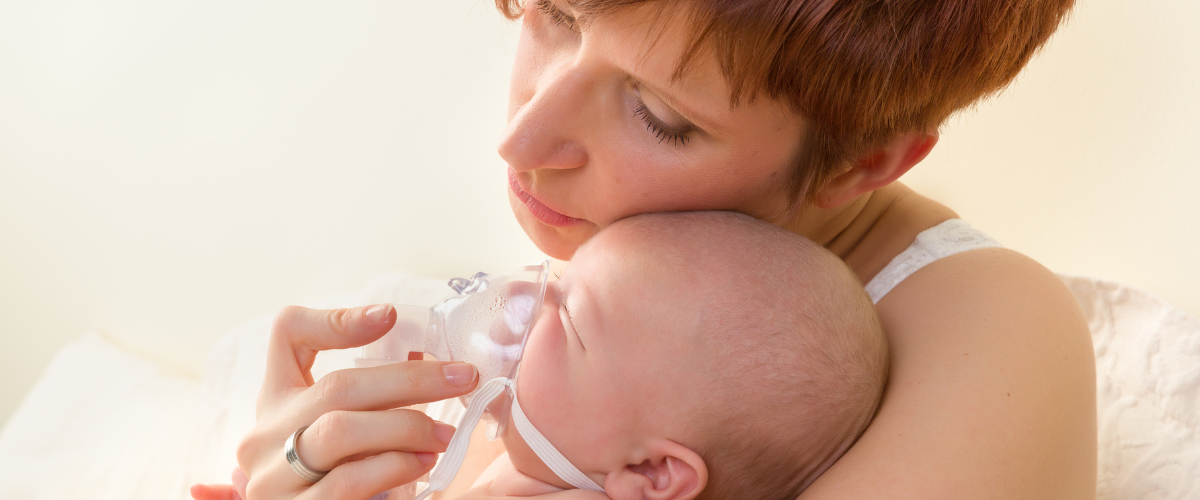Memorial Answers: RSV

This time of year, RSV becomes a common issue for infants and young kids. What is RSV, what are the major symptoms of this virus, and what can families do to prevent it?
Learn more from Family Medicine Specialist Dr. Jimmy Dimitriades and Family Medicine Resident Dr. Marcella Valderrama.

What is RSV?
Respiratory syncytial virus, or RSV, is a lower respiratory virus that infects the lungs and breathing passages. It is a common, contagious virus that causes infections of the respiratory tract. “This virus usually affects kids that are younger than 2 with a peak infection rate in 6-month olds,” says Dr. Valderrama. “If RSV is left untreated, it can make it difficult for oxygen to get to the baby’s lungs.”
“RSV tends to go lower in the respiratory tract, and the smaller the bronchial tubes, or airways in the lungs, the more it can cause damage,” says Dr. Dimitriades. “Infants up to 6 months are the most prone for more severe illness from RSV. Their bronchioles are the size of coffee straws, and RSV causes congestion to block the tubes so they can’t breathe as well.”
What are the symptoms?
People infected with RSV usually show symptoms within 4 to 6 days after getting infected. Symptoms of RSV infection typically include a runny nose, decrease in appetite, coughing, sneezing, fever, and wheezing. These symptoms usually appear in stages and not all at once. In very young infants with RSV, the only symptoms may be irritability, decreased activity, and breathing difficulties. Typically, RSV symptoms are most severe on days 4-5 of infection.
Dr. Valderrama continues, “The main symptoms to watch out for are nasal flaring, where the child is trying to take in more oxygen and labored or rapid breathing where the child is taking more breaths than usual. You can notice this by laying your child down to see if their ribs are showing every time they take a deep breath in.” If your child is showing these signs, you should consider taking them to their doctor. If these symptoms are severe, you should bring them to the emergency room.

How is RSV treated?
“The majority of kids who get RSV are managed outpatient, and we only see the sickest ones in the hospital. Older kids can be admitted if they have underlying conditions such as asthma. We treat RSV with supportive care with oxygen and IV fluids for the sickest patients,” says Dr. Dimitriades. For less severe cases, your child may receive breathing treatments. Nasal suctioning and fluids to prevent dehydration are recommended for all cases.
How can you prevent RSV?
RSV is spread through contact with droplets from the nose and throat of infected people when they cough and sneeze.
“We want to be the most careful when we have a newborn or infant at home during the winter season. If one of the family members or friends has a cold that they’re not too concerned about, we want to be cautious with good hand washing and distance from the baby,” says Dr. Dimitriades.
“A minor cold in a child or adult could be RSV with symptoms like a cough, runny nose, yellow mucus, or congestion that lasts a week or two. That same virus in an infant who has those little bronchiole tubes can cause more difficulty breathing.”
If you are worried your child may have RSV, call their pediatrician or doctor. If your child is experiencing severe symptoms that are making it difficult for them to breathe, Memorial Emergency Departments are open 24/7 to care for your loved one.
